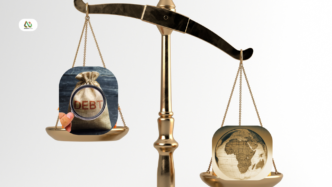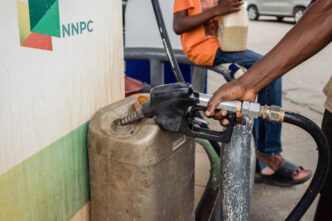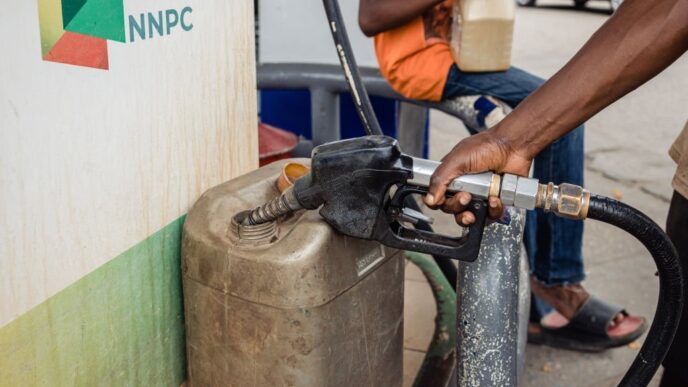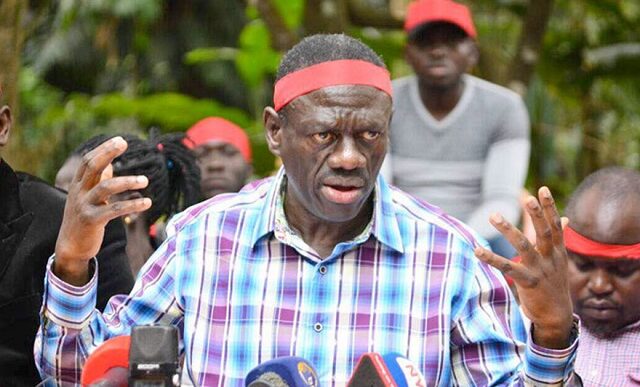African Nations Debt Crisis 2024 has emerged as a critical issue, with the United Nations releasing a sobering report this November highlighting the escalating debt crisis facing African nations.
With total continental debt now reaching a staggering $1.6 trillion, this unprecedented level of debt raises serious concerns about the economic stability and development prospects of numerous African countries.
UN Report Highlights Escalating Debt Crisis
According to the UN’s latest assessment, African nations are grappling with their highest debt levels since the early 2000s. The report reveals that over 20 African countries are either in debt distress or at high risk of falling into it, marking a critical turning point in the continent’s economic trajectory.
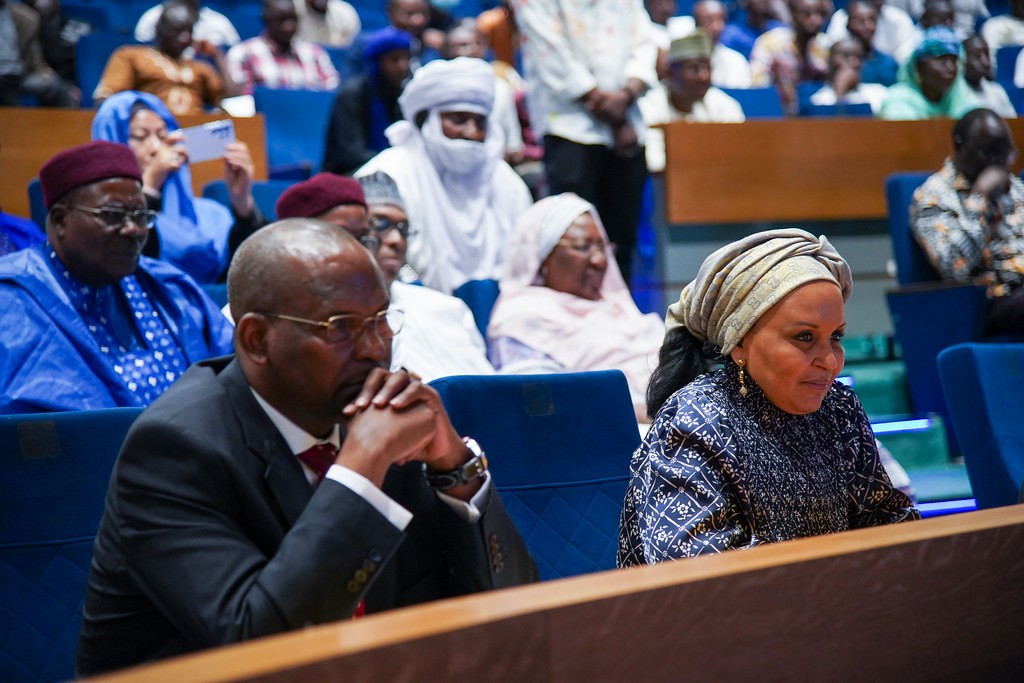
Factors Contributing to the Debt Surge
The debt surge stems from a perfect storm of global challenges. The lingering effects of the COVID-19 pandemic, rising global interest rates, climate-related disasters, and the impact of the Russia-Ukraine conflict on food and energy prices have all contributed to this mounting crisis.
These factors have severely strained African economies, forcing many nations to seek additional borrowing to meet basic needs.
Role of Chinese Lending in Africa’s Debt
The report highlights the significant role of Chinese lending in Africa’s debt portfolio, accounting for approximately 12% of the continent’s total external debt.
Furthermore, this has sparked debates about debt sustainability and raised concerns among traditional Western lenders about China’s growing influence in Africa through lending practices.
Impact on Sustainable Development Goals (SDGs)
The burgeoning debt burden is severely hampering Africa’s progress toward achieving the UN’s Sustainable Development Goals (SDGs).
Essential investments in healthcare, education, and infrastructure are being diverted to debt servicing, threatening decades of development progress.
The Complexity of Private Sector Debt
A noteworthy aspect of the crisis is the increasing share of private sector debt. Commercial creditors now hold a substantial portion of African debt, making debt restructuring more complex than in previous crises when most debt was owed to governments or multilateral institutions.
African Nations Debt Crisis 2024: Proposed Solutions to Address the Crisis
The UN report outlines several potential solutions to address the crisis:
- Debt restructuring initiatives that include all creditors, both public and private
- Enhanced debt transparency and management
- Development of domestic capital markets
- Implementation of sustainable borrowing practices
- Creation of new multilateral lending mechanisms
Call for Immediate International Action
The report calls for immediate action from the international community, emphasizing the need for coordinated efforts to prevent a full-scale debt crisis. It particularly stresses the importance of reforming the global financial architecture to better serve developing nations’ needs.
Without swift intervention, the UN warns that Africa’s debt crisis could trigger a cascade of defaults that would devastate the continent’s economies and reverberate through the global financial system.
The report emphasizes that addressing this crisis is not just an African concern but a global imperative.
Conclusion: A Wake-Up Call for the International Community
The publication serves as a wake-up call to the international community, highlighting the urgent need for comprehensive solutions to Africa’s debt challenges.
As the continent continues to face mounting economic pressures, the response to this crisis will be crucial in determining Africa’s development trajectory in the coming decades.
Read Also;
Ecobank Eurobond: Bank Sets New Standard with $400M on LSE
EU Increases Funding to €20 Million for Rwandan Forces in Mozambique
